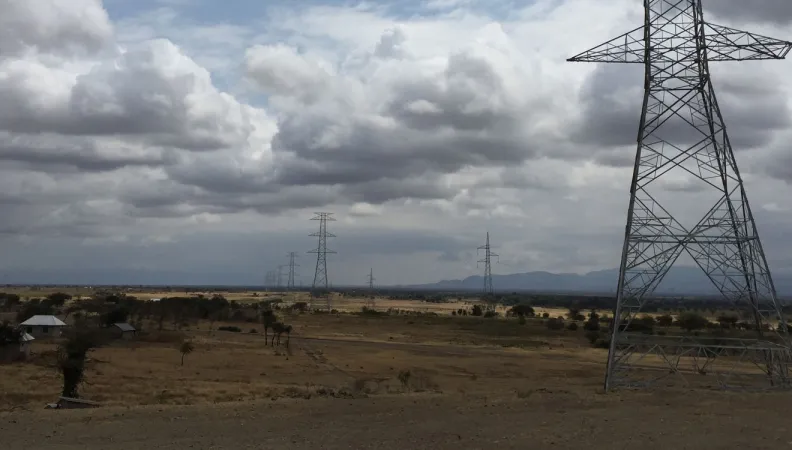Share the page
Supporting REA’s national rural electrification program
Project


-
Project start date
-
-
Project end date
-
-
Project duration
-
5 ans
-
AFD financing amount
-
€ 100 000 000
-
Country and region
-
Location
-
Tanzania
-
Type of financing
-
Beneficiaries
-
Agence d’électrification rurale, Tanzanie
This AFD-financed project provides access to electricity and strengthens the grid, with the aim of connecting 95,000 rural households to the power grid and installing 3MW of renewable solar capacity in the isolated thermal centers operated by Tanesco.
Context
Despite significant progress in recent years under the national electricity access program implemented since 2011 by the Rural Electrification Agency, Tanzania's electricity access rate is particularly low (38% on average in 2019 according to the World Bank, and only 19% in rural areas compared to sub-Saharan African countries with the same income level).
The national electrification policy established in 2015 is ambitious and aims to accelerate the pace of connection. In addition to the tax on petroleum products and on the electricity tariff which currently finances 80% of the connection effort, the government must mobilize additional resources to achieve its access objectives.
Description
AFD's support access to electricity in its countries of operation in order to reduce the energy divide in Africa. This operation also has a significant impact on the country's sustainable development in terms of improving the economic fabric in rural areas.
The objective of the project is to connect 95,000 households close to the electricity grid, and to install approximately 3 MW of renewable capacity in remote centres operated by Tanesco and currently supplied by diesel generators.
Impacts
The project's main impact will be economic and social gains in terms of avoided costs for alternative fuels improved safety and schooling conditions in rural areas and access to new services.
The project is helping to boost the economy in rural and peri-urban areas in a sustainable way. In the short term, access to electricity will increase the working time of existing productive activities thanks to modern and reliable lighting. In the medium and long term, this access will support the development of new activities with a strong impact on the local economy.
The project is expected to reduce greenhouse gas emissions by an average of 10 ktCO2/year.


